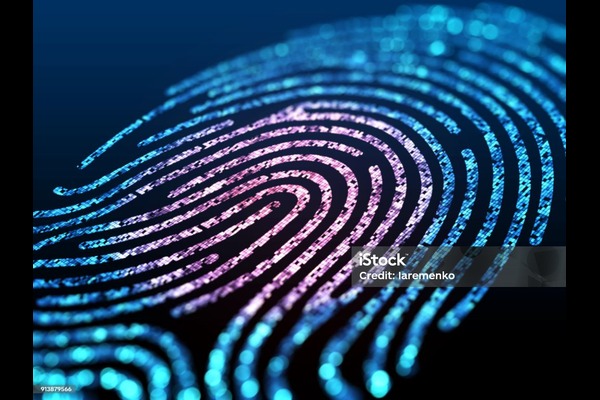How To Prevent Workplace Theft
Workplace theft is a nightmare to every business owner. This threat refers to a property crime which occur within a work setting with intent to run down the business. It may involve company or personal property. For instance, if a customer’s car was stolen from a company’s car park regardless a cautionary disclaimer; it is a workplace theft. Similarly, if a business keeps experiencing inventory shrinkage at its warehouse, organized stealing is active there. As a business open its doors to different individuals who are perceived to have values that would assist to drive goals of such business, chances are some persons with ulterior motive will likely mix up, if the process is not watertight to detect the attempt. It is said, a thief at workplace will steal as much as the business permits. Workplace theft oftentimes is an organized crime. It requires well thought-out organized strategy. Business owners, insurance managers, corporate security risk managers’/asset protection practitioners, law enforcement agents, statutory courts, etc. have continue to device controls and mechanisms against this threat however, its trend has remained unabated. In most cases, criminal actors who are involved in stealing at workplaces are successful because of many factors which prominently include opportunity, motivation and rationality. Here are some hard beliefs about workplace theft: Thieves steal as much as the business permits. Workplace theft can be curtailed to barest minimum. Workplace theft is a craft, mastered by some persons. Employees and others steal from business for various reasons. 10% of workers may never steal from your company, no matter the condition. 80% of worker might steal from your company, if given the opportunity, or under motivation and rationality. 10% of worker will actively look for ways to steal from your company. There are about 90% chances that stealing would happen at your organization. What may contribute to workplace theft include: Opportunity to steal Pressure from various sources Perceived chance of detection Workplace security culture Job satisfaction Personal greed Vengeance Rationalization Socialization/subculture Tone from the top -TFT Available markets for stolen items what can be stolen? Physical assets Sensitive information Money Time Peace Potential victims of workplace theft: Business owner Risk manager Employees Management team Your organization can approach this threat through prevention, detection & response. See brief highlight. PREVENTION: Carry out background checks on workers and other stakeholders Make the workplace ethical & friendly Show genuine care for workers Promote job satisfaction and job security Activate functional security controls through people, process & technology DETECTION: Maintain functional security controls Carry out periodic audit RESPONSE: Have a strong policy and standard Workplace theft must never be romanced Be consistent and firm in implementing the policy and standard In concluding this piece: note that thieves will always be amongst the workforce who prowl the labour market to seek hire. If your business grants them the opportunity, they would come in and settle. These thieves, having settled at the organization can steal only as much as the organization permit through available or created opportunity. The recommended strategies to manage this threat should be built around prevention, detection and response. Opportunity for stealing at business place must be consciously blocked. ALSO READ: Benefits Of Employee Background Check










